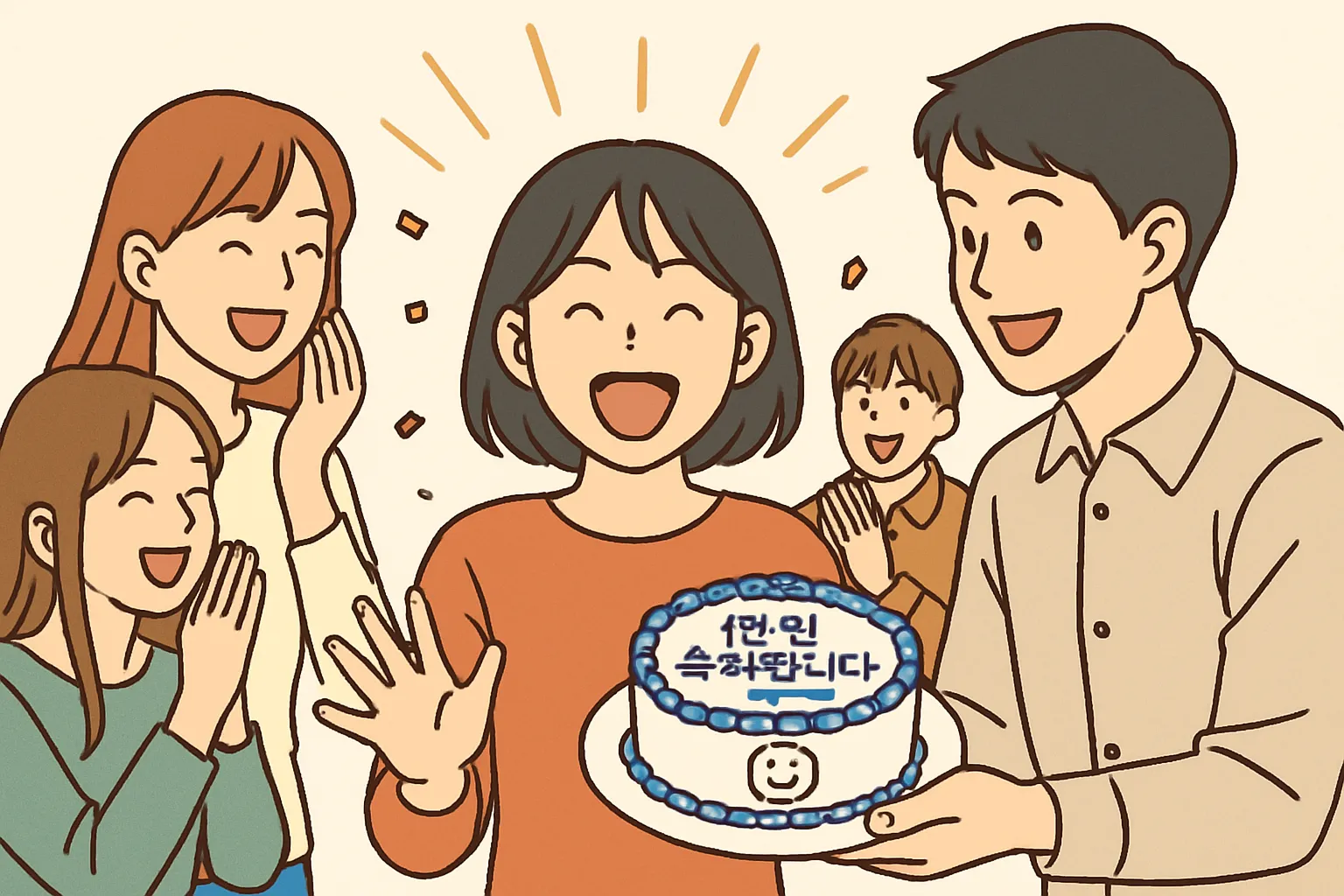Unlock K-Drama Secrets: Jeolla-do Dialect!
Hello! It’s [Maeil Hangeul] here to upgrade your Korean skills!
Ever watch a K-drama or movie and hear a character speak Korean that sounds a little different, a little more… flavorful? Chances are, you were listening to one of Korea’s beautiful regional dialects, or saturi (사투리). Today, we’re diving into one of the most charming and expressive dialects: the Jeolla-do dialect (전라도 사투리).
Lately in Korea, directors have been using regional dialects more and more to create authentic, memorable characters. The Jeolla-do dialect, in particular, is famous for its musical intonation and warm, heartfelt expressions. Learning a few key phrases won’t just help you understand your favorite shows without subtitles, but it will also give you a deeper connection to the rich cultural tapestry of Korea. Let’s get started!
Core Expressions You Need to Know
Here are a few essential Jeolla-do expressions that will make you sound like a local.
1. ~부러 (~bureo)
- Pronunciation [Romanization]: ~bureo
- English Meaning: A sentence-ending particle for emphasis, similar to “done,” “completely,” or “just went and…”
- Detailed Explanation: This is one of the most iconic features of the Jeolla dialect. It’s attached to a verb stem to emphasize that an action has been completed, often with a certain finality or emotional release. In standard Korean, this nuance is captured by
~아/어 버리다, but~부러feels more natural, immediate, and common in everyday speech in Jeolla-do. It adds a strong, definitive flavor to the sentence.- Standard: 너무 피곤해서 자 버렸어요. (neomu pigonhaeseo ja beoryeosseoyo.)
- Jeolla Dialect: 너무 피곤해서 자 부렀어. (neomu pigonhaeseo ja bureosseo.)
2. 거시기 (geosigi)
- Pronunciation [Romanization]: geo-si-gi
- English Meaning: “Whatchamacallit,”





